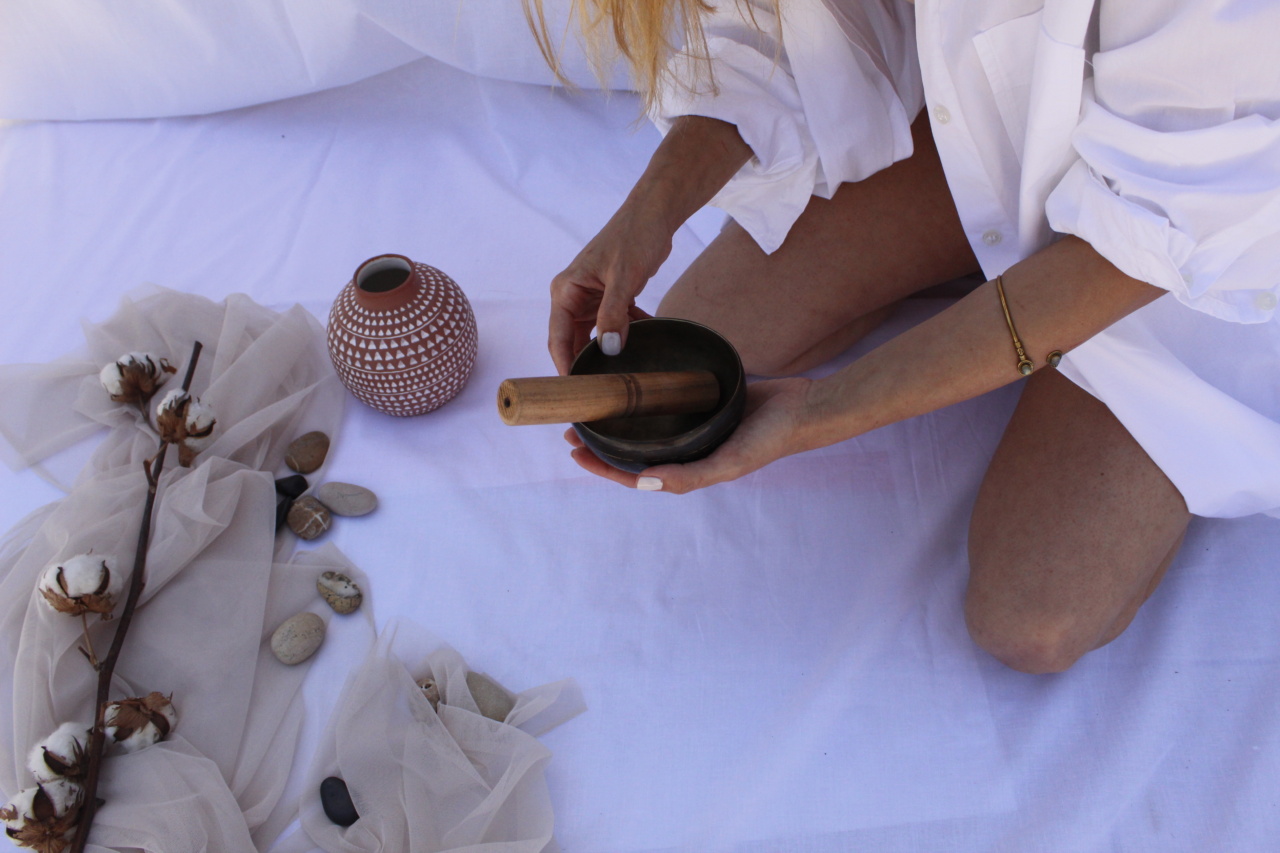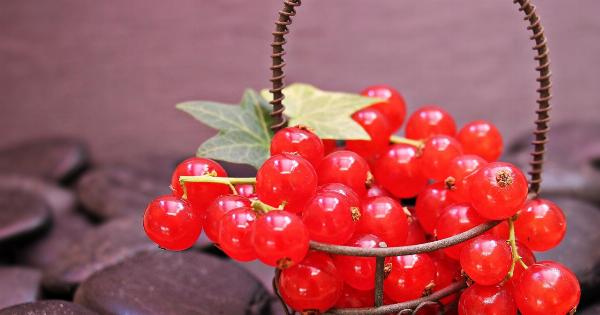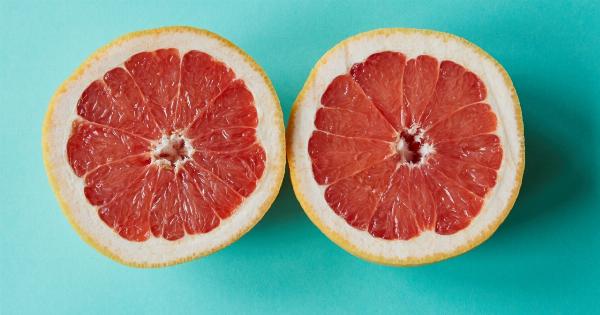Kidney stones, also known as renal calculi, are hard deposits made of salt and minerals that form in the kidneys. These stones can cause severe pain and discomfort when they pass through the urinary tract.
They are quite common, with about 1 in 10 people experiencing them at some point in their lives.
Types of Kidney Stones
There are different types of kidney stones, classified based on the substances they are made of. The most common types include:.
- Oxalate Stones
- Calcium Stones
- Uric Acid Stones
- Struvite Stones
Diet and Kidney Stones
Diet plays a significant role in the development and prevention of kidney stones. By making certain dietary changes, you can reduce the risk of forming new stones and help prevent their recurrence. Here are some diet tips to keep kidney stones away:.
1. Stay Hydrated
One of the most effective ways to prevent kidney stones is to stay well-hydrated. Drinking an adequate amount of water helps dilute the urine, making it less concentrated and reducing the chances of stone formation.
Aim to drink at least 8 glasses of water per day to ensure proper hydration.
2. Limit Sodium Intake
High sodium intake can increase the amount of calcium in the urine, leading to the formation of calcium stones. Limit your consumption of processed foods, as they tend to be high in sodium.
Opt for fresh, whole foods and season your meals with herbs and spices instead of salt.
3. Eat Calcium-Rich Foods
Contrary to popular belief, reducing calcium intake is not recommended for preventing kidney stones.
In fact, consuming adequate amounts of calcium actually helps bind with oxalate in the digestive tract, preventing it from being absorbed and reducing the risk of oxalate stone formation. Include calcium-rich foods like dairy products, leafy greens, and fortified plant-based milk alternatives in your diet.
4. Watch Your Oxalate Intake
Oxalate is a natural substance found in many plant-based foods. When too much oxalate combines with calcium in the urine, it can lead to the formation of oxalate stones.
If you are prone to this type of stone, it is essential to moderate your intake of high-oxalate foods, such as spinach, rhubarb, beetroot, and nuts.
5. Increase Citric Acid Intake
Citric acid is known to prevent the formation of certain types of kidney stones. It can help break up existing stones and inhibit the growth of new ones. Citrus fruits like lemons, oranges, and grapefruits are excellent sources of citric acid.
Drinking fresh citrus juices or adding lemon juice to your water can be an effective way to increase your citric acid intake.
6. Include Adequate Fiber
A diet high in fiber may help prevent kidney stones. Fiber binds with calcium in the digestive tract, reducing the amount available to form stones in the kidneys.
Additionally, a fiber-rich diet promotes regular bowel movements, preventing the build-up of certain substances that contribute to stone formation. Include whole grains, fruits, vegetables, and legumes in your meals to increase your fiber intake.
7. Moderate Animal Protein Consumption
Animal proteins, particularly those derived from red meat and poultry, can increase the level of uric acid in the urine, leading to uric acid stone formation.
It is recommended to moderate your intake of animal protein and opt for plant-based protein sources like legumes, tofu, and tempeh instead.
8. Reduce Oxalate-Rich Food Pairings
Combining high-oxalate foods with calcium-rich foods can lower the risk of stone formation. The calcium in these foods binds with the oxalate, preventing it from being absorbed into the bloodstream and eventually forming stones.
For example, if you enjoy a spinach salad, consider adding a source of calcium such as feta cheese or yogurt to help mitigate the oxalate content.
9. Limit Alcohol and Caffeine
Excessive consumption of alcohol and caffeine can dehydrate the body and increase the risk of kidney stone formation.
It is advisable to moderate your intake of alcoholic and caffeinated beverages to maintain good hydration levels and minimize the risk of stone development.
10. Consult a Dietitian
If you have a history of kidney stones or are at an increased risk, it is highly recommended to consult a registered dietitian specialized in kidney health.
They can provide personalized dietary advice and help create a meal plan tailored to your specific needs and preferences.
Conclusion
While kidney stones can be a painful and inconvenient condition, making judicious dietary choices can significantly reduce the risk of their formation and recurrence.
By staying hydrated, watching your sodium and oxalate intake, and including essential nutrients in your diet, you can take steps towards keeping kidney stones at bay. Remember, consulting a healthcare professional for personalized advice is crucial for individuals with a history of kidney stones.






























